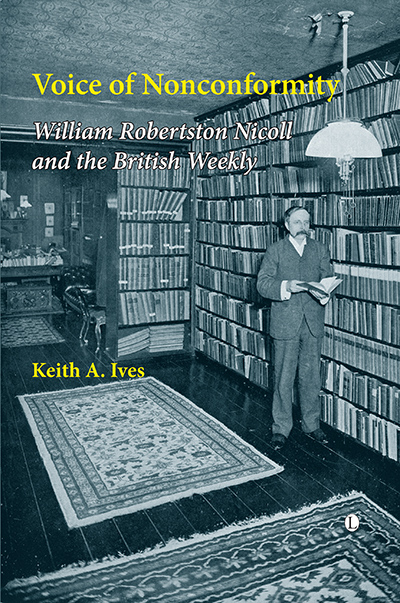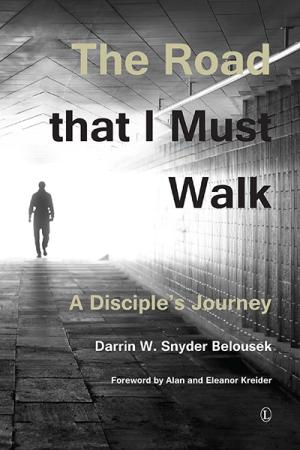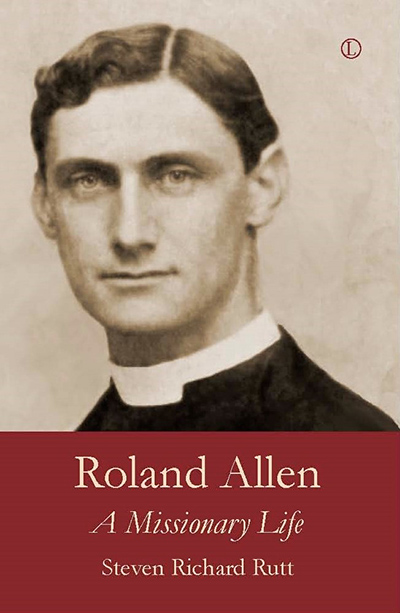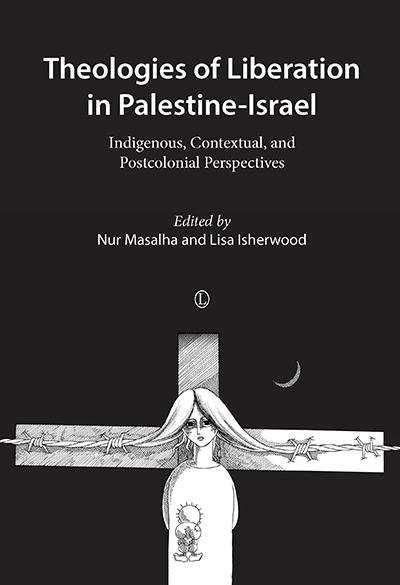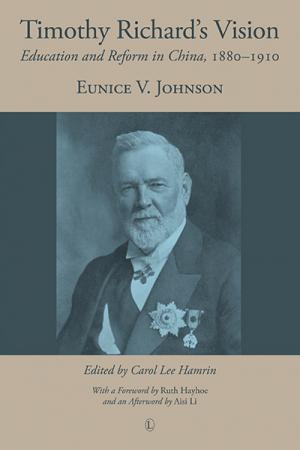Description
Sir William Robertson Nicoll (1851-1923) was a journalist, writer and minister of the Scottish Free Church, who founded the highly influential Nonconformist newspaper The British Weekly. An important figure in English Nonconformity, Robertson Nicoll (or, as he became known to his subsequent family, WRN) was a complex individual whose life and interests are difficult to sum up completely. While some commentators, even his authorised biographer T.H. Darlow, thought they captured much, others who also knew the subject felt that many important aspects of his life had been left out.
This new biography opens up significant areas of Robertson Nicoll’s life that have been neglected by other studies, and sheds particular light on his influence on ‘believing criticism’ in Scotland during the late 19th and early 20th centuries. Keith A. Ives seeks to answer questions such as: What led the second generation of the Scottish Free Church to take the lead in accepting many of the conclusions of higher criticism? What caused the considerable size and influence of the Nonconformist churches to decline, never to recover their once prominent position? What role did culture and sophistication play as a cause of dampening spiritual zeal and evangelistic advance? And can the Kingdom of God become mistaken for temporary political success?
This book will appeal to anyone interested in the life and times of William Robertson Nicoll, as well as acting as a valuable resource for scholars of Christianity and Nonconformity of this period.
About the Author
With degrees from London Bible College and London School of Theology, Keith Ives’ main career was in Education, teaching in secondary schools, until he took early retirement in 1997 and became the Pastor of Emerson Park Evangelical church in 2000. After resigning in 2004 his main focus has been travelling and preaching abroad.
Contents
List of Illustrations
Preface
1. Growing Up in Aberdeenshire: 1851-1870
2. Ministerial Training and Career in the Free Church of Scotland: 1870-1886
3. Journalist and Editor at Hodder & Stoughton
4. Becoming Established in England and the Halcyon Years: 1886-1910
5. Relationships with Key Church Friends and Leaders
A.B. Davidson
Charles Haddon Spurgeon
Alexander Whyte
Marcus Dods
Henry Drummond
Joseph Parker
John Clifford
James Denney
George Adam Smith
R.J. Campbell
James Moffatt
6. Culture, Biography, The Bookman, and ‘Claudius Clear’
7. Preaching and Apologetics
8. Politics, the First World War and the Peace; 1900-1920
9. WRN’s Final Years and Legacy: 1920-1923
Notes
Bibliography
Index
Endorsements and Reviews
Robertson Nicoll was a major figure of the years before, during and after the Edwardian period. As the founding editor of The British Weekly, he looked at contemporary issues from an Evangelical Christian standpoint and endorsed the political campaigns of militant Nonconformity. His views were treated with respect by leaders in church and state alike. Keith Ives’ thorough study brings out the significance of this multidimensional man.
David Bebbington, Professor of History, University of Stirling
This engaging and important book is essential reading for an understanding of how once-powerful English Nonconformity and Scottish Presbyterianism became as feeble as they are today … We are full of admiration for the way Keith Ives has researched all the material relevant to his subject. This is no easy exercise. No biography of Nicoll has been published since T.H. Darlow wrote his in 1925 … There is much in this book which is relevant to evangelicalism today …
Iain H. Murray, in Banner of Truth
Keith Ives depicts Nicoll’s life in a clear and interesting manner … The book supplies an illuminating account of a key figure in the story of the influence of higher critical scholarship in Britain at the end of the nineteenth and start of the twentieth centuries.
Robert Strivens, in Evangelical Times
Readers fascinated with late Victorian religious history will find in this book an in-depth account of the gradual unravelling of evangelical orthodoxy in Britain as Protestant faculties of divinity and pulpits demonstrated how the ‘tide’ was receding, drawn by the pull of German criticism.
Kenneth J. Stewart, in Themelios, Vol 37, Issue 1
Ive’s book is based on extensive archival research and captures the multifaceted nature of Nicoll’s contributions. … Keith Ives has given us a well-written, balanced and engaging biography, which is especially good on the context of the Nonconformist conscience. As Ives demonstrates, Nicoll’s efforts to bring Nonconformity into the cultural mainstream of British life contributed to the waning of a distinctive Nonconformist identity and may have ultimately diminished religious influence.
Stewart J. Brown, in Journal of Scottish Historical Studies, Vol 32 (2)
This book is a significant addition to our understanding of a difficult transition in the life of the minority Churches in this country.
David M. Thompson, in The Journal of Ecclesiastical History, Vol 64, Issue 2

